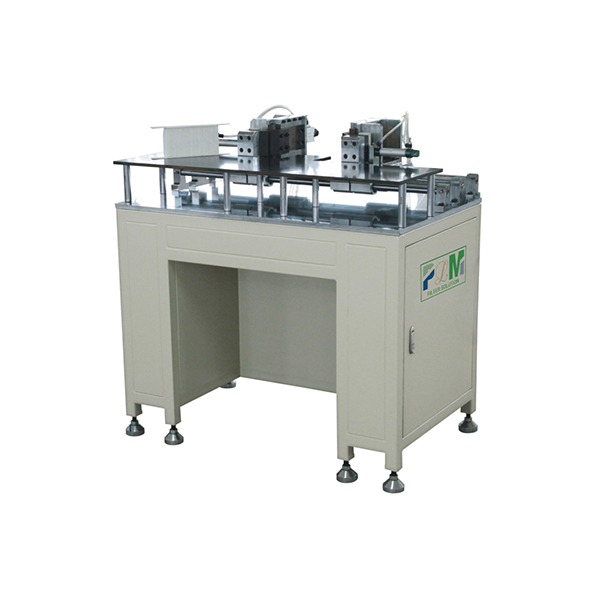Aug . 05, 2024 02:52 Back to list
Understanding the Importance of Cabin Air Filters in Chinese Vehicles for Improved Air Quality
Understanding Cabin Air Filters in China Importance, Functionality, and Maintenance
As the global automotive industry continues to evolve, one critical aspect that has garnered increasing attention is the cabin air filter (CAF). In China, where rapid urbanization and industrial growth have significantly increased air pollution levels, the importance of a high-quality cabin air filter cannot be overstated. This component plays a vital role in ensuring that the air circulating inside vehicles is clean and safe for occupants.
What is a Cabin Air Filter?
A cabin air filter is designed to purify the air entering the vehicle's interior through the heating and air conditioning system. It traps dust, pollen, soot, and other pollutants, preventing them from entering the cockpit. This is particularly crucial in metropolitan areas, where high traffic and industrial emissions contribute to poor air quality.
Importance of Cabin Air Filters in China
The adherence to air quality standards is critical in China, where cities like Beijing, Shanghai, and Guangzhou often report high levels of air pollution. According to the World Health Organization, air quality significantly impacts public health, leading to respiratory diseases and other health complications. In such environments, the cabin air filter becomes a frontline defense against harmful airborne particles.
Moreover, the increasing number of vehicles on Chinese roads, estimated to surpass 300 million, exacerbates the issue of air quality. Therefore, a functional cabin air filter is vital not only for driver and passenger health but also for enhancing overall driving comfort.
Functionality and Types of Cabin Air Filters
china cabin air filter

Cabin air filters come in various types, including particulate filters, activated carbon filters, and HEPA (High-Efficiency Particulate Air) filters.
1. Particulate Filters These are the most common and are designed to catch larger particles such as dust and pollen. 2. Activated Carbon Filters In addition to trapping larger particles, these filters are effective in adsorbing odors and harmful gases, such as volatile organic compounds (VOCs) emitted from vehicle interiors and external sources.
3. HEPA Filters These provide the highest level of filtration, capable of capturing 99.97% of particles that are 0.3 micrometers in diameter or larger. HEPA filters are ideal for those who suffer from allergies or have specific health concerns.
Maintenance and Replacement
To ensure optimal performance and air quality, regular maintenance and replacement of the cabin air filter are essential. Most manufacturers recommend checking the cabin air filter every 15,000 to 30,000 kilometers. However, in areas with poor air quality, more frequent inspections may be necessary.
Signs that a cabin air filter needs to be replaced include reduced airflow from the ventilation system, unpleasant odors inside the vehicle, and visible dirt or debris on the filter itself. Neglecting to replace a worn-out filter can lead to reduced air quality, which may inadvertently affect the health of vehicle occupants.
Conclusion
In conclusion, cabin air filters are a crucial component of vehicle maintenance, especially in regions like China, where air quality is a growing concern. By ensuring that these filters are regularly maintained and replaced, drivers can significantly improve the air quality within their vehicles, safeguarding the health of passengers and enhancing the overall driving experience. As awareness of air quality issues increases, investing in high-quality cabin air filters will become an essential aspect of responsible vehicle ownership in China.
-
PLAB-6 A/B Two Compounds Filter End Cap Gluing Machine - Hebei Filter Man
NewsAug.16,2025
-
PLAB-6 A/B Two-Component Filter Gluing Machine - Hebei Filter Man | Precision, Efficiency
NewsAug.16,2025
-
PLAB-6 A B Two Compounds Filter End Cap Gluing Machine - Hebei Filter Man | Adjustable Speed, Step Motor, Heat Mixing
NewsAug.16,2025
-
Eco-Friendly Coffee Filter Paper: Pure Taste, Sustainable Choice
NewsAug.16,2025
-
PLAB-6 Filter End Cap Gluing Machine - Hebei Filter Man
NewsAug.15,2025
-
PLAB-6 A B Two Compounds Filter End Cap Gluing Machine - Hebei Filter Man | Precision Adhesive Application, Efficient Production
NewsAug.15,2025
